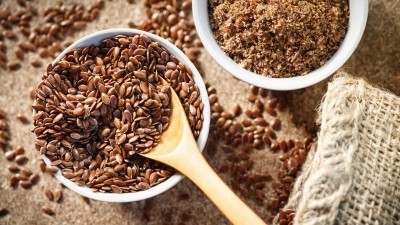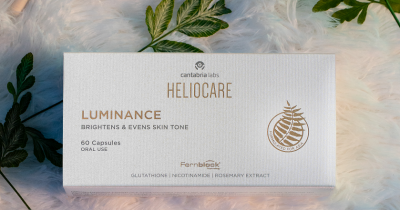Science shorts: Cognitive health, COVID-19, vitamins' role in skin immunity and more

‘It’s not too late’: Singapore Chinese Health Study lead investigator reveals protective impacts of diet on cognition
Data from the large-scale Singapore Chinese Health Study has shown that all consumers could reduce their risk of later cognitive impairment by switching to a healthier diet at any age, as revealed by the study’s principal investigator at the recent Growth Asia Summit 2023.
Led by National University of Singapore’s Professor Koh Woon Puay, the study involved more than 60,000 middle-aged and elderly Chinese Singaporeans, with data collected over 20 years.
Findings showed that individuals who adhered to the Dietary Approaches to Stop Hypertension (DASH) diet – which consists of fruits, vegetables, grains, and lower red meats and sodium – had a lower risk of developing cognitive impairments.
Encapsulated curcumin improves cognitive, locomotive function in mild dementia patients – six months RCT
The supplementation of curcumin encapsulated within fenugreek mucilage has shown to improve cognitive and locomotive function of patients suffering from mild dementia, according to a six-month-long RCT conducted in India.
The study involved 48 participants between 55 and 75 years old and are experiencing moderate dementia. They were randomised into three groups, taking either encapsulated curcumin, unformulated standard curcumin complex, and the placebo.
Findings showed significant improvements in the Mini-Mental State Examination (MMSE) and Geriatric Locomotive Function Scale (GLFS) scores of participants who took the encapsulated curcumin, which were not reported in the other two groups.
Vitamin D deficiency linked with higher COVID-19 mortality and severity of symptoms – China study
Vitamin D status could predict COVID-19 mortality rate and the severity of symptoms in the acute infection stage, suggests a new observational study in China.
Researchers could also make more accurate predictions of the mortality rate by looking at the serum levels of interleukin-5 (IL-5) and eosinophil (Eos).
This is based on an observational study on nearly 400 patients hospitalised for COVID-19 between December last year and February this year.
Antioxidant action: Vitamins role in skin immunity underlined, but more research needed on gut-skin axis
A new review has underlined the importance of antioxidants for skin immunity, but has called on more studies to assess their role in the gut-skin axis.
For vitamin, vitamin A could help improve skin immunity through three major pathways, namely through the increased expression of Toll-like receptors-2 and 3, the regulation of mast cells, and the expression of anti-microbial proteins.
However, there is a dearth of evidence on the role of vitamins in modulating the gut–skin axis. Hence, the researchers have called for a deeper look into vitamin’s impact on the gut–skin axis.
Combination of calcium supplementation and low-dose aspirin could prevent preeclampsia in high-risk women
Low-dose aspirin taken with calcium was more effective in preventing the onset of preeclampsia and reducing the risk of pregnancy complications, compared to aspirin alone, according to a meta-analysis.
Seven randomised controlled trials (RCTs), involving a total of 1,136 pregnant women, were included in the meta-analysis.
It was found that the combination of low-dose aspirin and calcium supplementation also decreases the risk of adverse maternal and foetal outcomes.


















